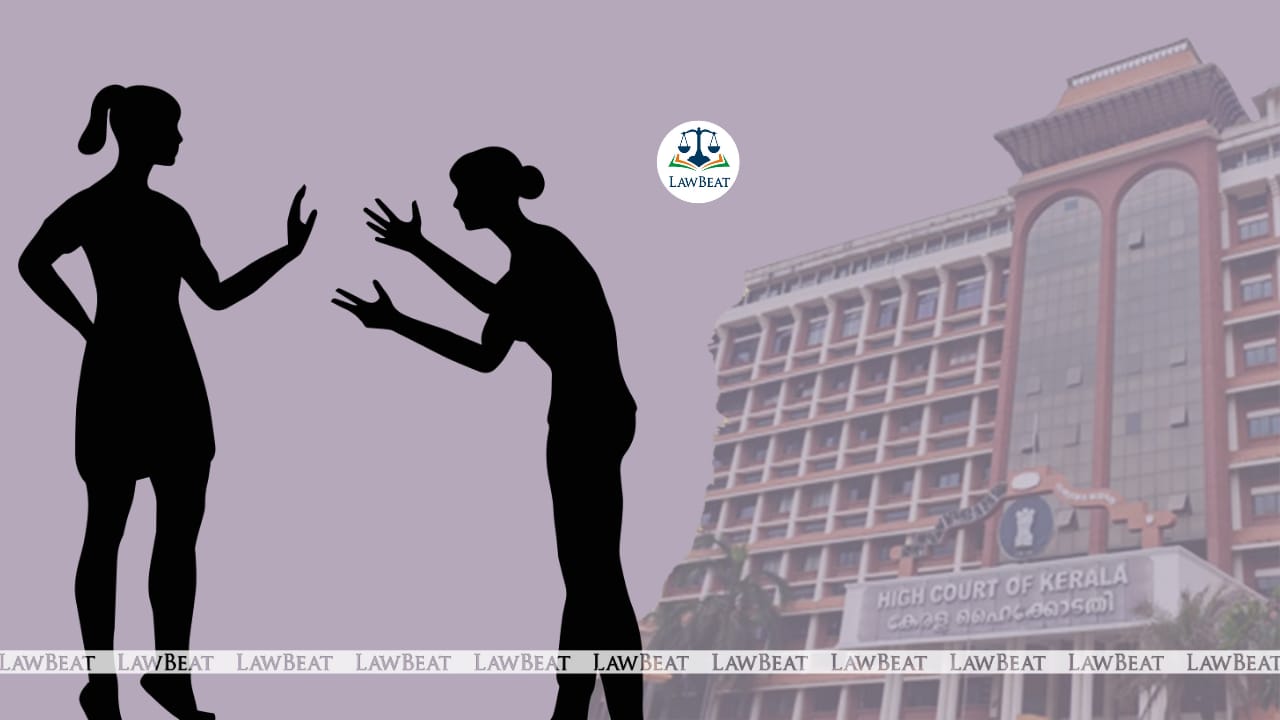Body Shaming Sister-in-Law Constitutes Cruelty Under Section 498A IPC : Kerala HC

The sister-in-law, wife of the complainant’s husband’s brother, sought quashing of the case, arguing that she could not be considered a ‘relative’ within the meaning of Section 498A
The Kerala High Court ruled that body shaming a sister-in-law falls within the ambit of “cruelty” as defined under Section 498A of the Indian Penal Code (IPC). The court clarified that the over acts of body shaming and doubting the medical degree of the de facto complainant prima facie amount to willful conduct of such nature to cause injury to the mental and physical health of the woman, thus constituting cruelty.
A Single judge bench comprising Justice A. Badharudeen, delivered the verdict while dismissing a petition filed under Section 482 of the Code of Criminal Procedure, 1973, seeking to quash criminal proceedings against the petitioner, the sister-in-law, wife of the complainant’s husband's elder brother.
According to the prosecution, the complainant faced mental harassment at her matrimonial home from her husband (1st accused), father-in-law (2nd accused), and sister-in-law (3rd accused). The allegations included comments made by the petitioner about the complainant’s body shape stating that her husband could have obtained another beautiful woman as his wife and raising doubts about her educational qualifications.
The petitioner sought to quash the criminal proceedings initiated against her, arguing that she did not qualify as a ‘relative’ under Section 498A. It was contended that only those related by blood, marriage, or adoption could be considered relatives under this section.
The court, rejecting the argument of the petitioner, held that spouses of siblings residing in the matrimonial home could indeed fall within the ambit of ‘relative’ as defined under Section 498A IPC. “When the married woman starts to reside at the matrimonial home, where the siblings of the husband are also residing along with their spouses, it cannot be held that the spouses of the siblings would not fall under the definition of ‘relative’ for the purpose of Section 498A of the IPC,” the court stated.
The court emphasised that the term ‘relative’ has a broad scope, encompassing individuals within a Hindu Undivided Family. Drawing comparisons with definitions in the Estate Duty Act, Income Tax Act, and Schedule I of the Companies Act. It further elaborated, “Holding the said view, it could not be held in the instant case that the 3rd accused/petitioner herein, who is the wife of the elder brother of the 1st accused, would not come within the purview of the term ‘relative’ dealt under Section 498A of the IPC and this challenge is found to be in the negative.”
The court concluded that “when the overt acts herein, at the instance of the petitioner, are evaluated, body shaming and doubting the medical degree of the de facto complainant are the allegations against the petitioner. The overt acts, at the instance of the petitioner, prima facie to be read as wilful conduct which are of such nature to cause injury to the mental and physical health of the woman dealt under explanation (a) to Section 498A of the IPC.”
Therefore, the petition was dismissed.
Case Number: CRL.MC NO.9443 OF 2022
